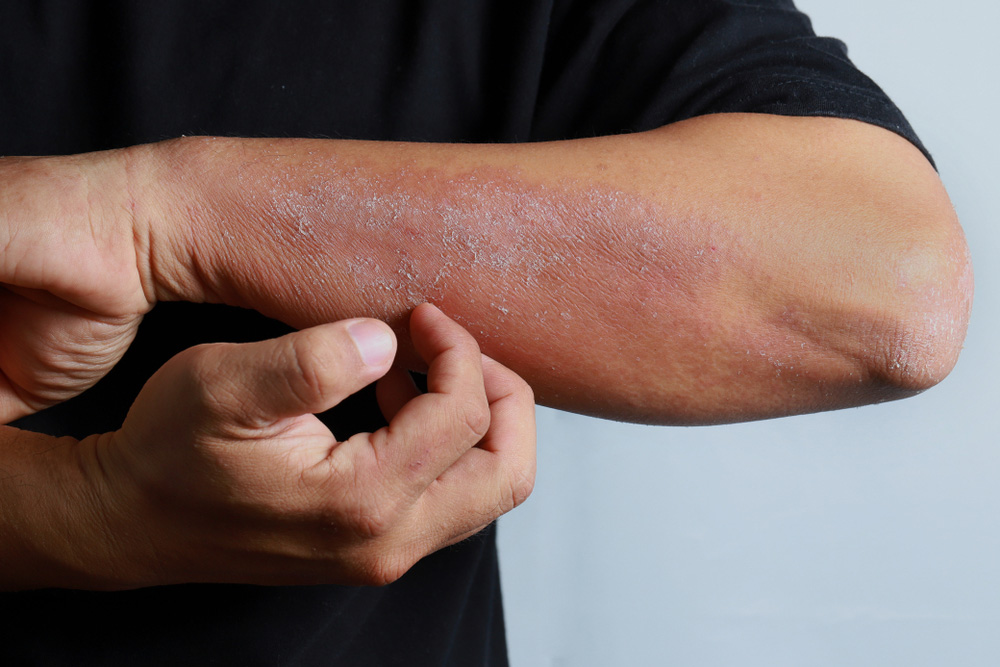
There are many different skin infections that can occur on the human body. These range from staph infections, pruritus, folliculitis, cellulitis, warts, ringworm, and even acne. They can occur because of bacteria, fungi, or even a virus, due to this, the list of infections that can occur on your skin is pretty diverse. As a result, so are the various treatment options that are available for a skin infection.
Depending on the cause of the infection, the treatment options that can be presented to you range from medications, antibiotics, creams, injections, and syrups. They can all be extremely effective though sometimes, if
You have a particularly stubborn infection or a very severe one, it may take a combination of all these different medications to clear it up. Since the skin is the largest organ of the body and the only one to always be on display, it’s imperative that it look healthy and clean at all times. Infected skin can be very off putting and even if your condition is not contagious, people will always assume that it is. This is why you should seek treatment for your infection as soon as it starts to appear. Whether it is a minor infection or a major one, having it out of the way is always better than having your skin itch, burn, or look red all the time.
The first step to getting anything treated is to get the diagnosis. Without this, the treatment plan will always be a shot in the dark. Your doctor will begin by examining your skin thoroughly. If the answer is not apparent from sight, a culture of your skin cells or a biopsy of your skin will be needed to see what the problem is. Sometimes, a blood test can also be quite revealing as it can indicate all the bacteria or viruses you may have floating around your system.
After the diagnosis is made, your treatment plan can be created. If your infection is caused by a bacteria, you will most likely be prescribed antibiotic medications and creams to combat it. If your infection is caused by a fungus, you will most likely be prescribed anti-fungal creams to apply topically. If your infection is caused by a virus, then you will be given the appropriate medication to stabilize the symptoms.
Your doctor or dermatologist will let you know about the specific prescription and dosage that you will need for your problems. More often than not, the medications and creams that will be prescribed to you will be available over the counter and you can replenish your stock on your own if needed. However, very strong creams and ointments often require a prescription for you to buy them. It is important to note that there are certain skin infections like eczema that do not have a specific cure. In this case, the treatment course will focus mainly on managing the symptoms and keeping them in check rather than eradicating them completely. Though this may be disheartening, sometimes even controlling the symptoms can bring about a ton of relief.
© 2023 | Dr. Shail Agarwal | All rights reserved.